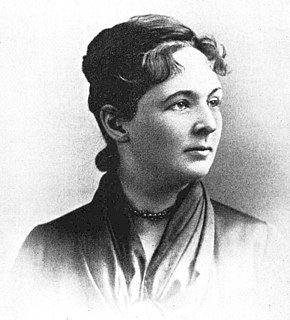A Quote by Paul Samuelson
Economics has never been a science - and it is even less now than a few years ago.
Related Quotes
We're the highest taxed nation in the world. Our middle class is just reeling from the taxes. And you know, if you think about it, the middle class and the workers of this country, who really built the country, they haven't had a raise in 12 years. They're making less now actually - to be even worse about it, they're making less now than they did 12 years ago.
My mother and my father taught me to look at the actual problem, not the face of it, not the veneer of it. So for me, I was never - I was impressed that it - racially, I was impressed, right, but now in America it's about economics, and it's been about economics, and honestly, everything's been about economics since I don't want to say the beginning of time, but it's been about economics for a long while.
Popular culture, on average, has been growing more cognitively challenging over the past thirty years, not less. Despite everything you hear about declining standards and dumbing-down, you have to do more intellectual work to make sense of today's television or games - much less the internet - than you did a few decades ago.
A few years ago, they [Neandertals] were thought to be ancestral to anatomically modern humans, but now we know that modern humans appeared at least 100,000 years ago, much before the disappearance of the Neandertals. Moreover, in caves in the Middle East, fossils of modern humans have been found dated 120,000-100,000 years ago, as well as Neandertals dated at 60,000 and 70,000 years ago, followed again by modern humans dated at 40,000 years ago. It is unclear whether the two forms repeatedly replaced one another by migration from other regions, or whether they coexisted in some areas
I have long been an ardent believer in the science of Homeopathy and I feel happy that it has got now a greater hold in India than even in the land of its origin. It is not merely a collection of a few medicines but a real science with a rational philosophy at its base. We require more scientific interest and inquiry into the matter with special stress upon the Indian environment
A hundred years ago, Auguste Compte, ... a great philosopher, said that humans will never be able to visit the stars, that we will never know what stars are made out of, that that's the one thing that science will never ever understand, because they're so far away. And then, just a few years later, scientists took starlight, ran it through a prism, looked at the rainbow coming from the starlight, and said: "Hydrogen!" Just a few years after this very rational, very reasonable, very scientific prediction was made, that we'll never know what stars are made of.





































